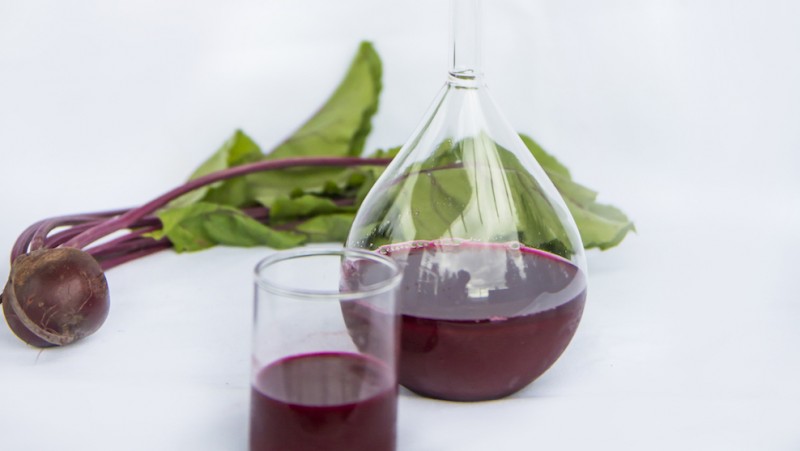Right now in the United States, about 60% to 70% of the foods on our grocery store shelves contain GMOs, and there is absolutely no labeling to indicate this. As a result, we cannot always be certain whether the foods we are consuming are GMO or not, and the number of GMO foods is growing. This is absolute craziness.
The affects of GMOs
Animal studies on the effects of GMO foods have revealed all kinds of issues, including infertility problems, immune system complications, accelerated aging, insulin issues, and changes in major organs and the gastrointestinal system. Most of this research is funded by industries with a vested interest in finding no negative effects, so outcomes are always in their favor! And there have be no studies done on the long-term effects …
The Non-GMO Project is a nonprofit organization committed to preserving and building the non-GMO food supply, educating consumers, and providing verified non-GMO choices. Here is their response when asked if GMOs are safe:
“Most developed nations do not consider GMOs to be safe. In more than 60 countries around the world, including Australia, Japan, and all of the countries in the European Union, there are significant restrictions or outright bans on the production and sale of GMOs. In the U.S., the government has approved GMOs based on studies conducted by the same corporations that created them and profit from their sale. Increasingly, Americans are taking matters into their own hands and choosing to opt out of the GMO experiment.”
There are positive steps you can take to avoid GMOs and it starts by buying organic foods that contain the 100 percent USDA certified organic label. GMOs are not permitted in organic products. If you cannot afford organic, then look for Non GMO Project seals. Buying local is also a great way to avoid GMOs; ask questions of your vendors about the lifecycle of the product and the philosophy of the producer.
Organic or Non-GMO?
Max Goldberg is one of the nation’s leading organic food experts and keeps us well informed on his website. Some of his readers tend to confuse the terms organic and non-GMO. So here’s the deal: non-GMO is not better than organic. Look for 100 percent USDA certified organic because all organic food should be non-GMO. Non-GMO is always second best to organic. If the product you want to purchase comes in a box, a can, or a jar, read the labels and check every single ingredient.
Here are some at-risk ingredients to avoid because they are probably genetically modified:
- Beet sugar
- Canola rapeseed
- Corn ingredients and products
- Cottonseed oil
- Soy ingredients
- Papaya
- Peas
- Potatoes
- Rice
- Yellow squash
- Tomatoes
- Zucchini
Actions you can take to ensure a non-GMO future for food production:
- Stop buying GMO and processed foods. In the 2014 documentary Origins David Wolfe suggests you “vote with your money.” If you stop buying processed foods, there will be no market for them.
- Get involved. Insist that your governments conduct their own studies on the safety of GMOs rather than relying on studies conducted by biotech companies who are only in it for the money.
- In April of 2014, Vermont was successful in passing a no-GMO bill, yet the very next month, the Grocery Manufacturers Association (GMA) confirmed it would sue in an attempt to overturn the bill. Jackson County in Oregon is the only other state that has had some success in banning the growth of GMO crops.
- Stop supporting junk food restaurants. We were delighted to read that McDonalds reported a 30% drop in revenues for 2015 and is closing 700 locations. We’re sure it’s because of these revenue drops that McDonalds announced that they will be launching their first organic hamburger in Germany. Yay! If we continue to send the McDonalds’ of the world the message that we don’t want to eat unhealthy food, they will be forced to incorporate new, healthier, affordable choices into their menus if they want to survive.
- Ban these brands from your grocery cart:
- Pepsi Cola
- Nestle
- Kraft
- General Mills
- Naked Juice
- Gerber
- Organic Boca Burgers
- Cascadian Farms
- Simply Frito-Lay
You can be proactive. Even if all you do is a sign a petition, it’s a great place to start. And please, let your governments know that what they are doing to our food supply is totally unacceptable. Make them accountable by asking them why they subsidize junk food, making it so affordable yet not organic food?
More Resources
- Center for Food Safety
- Non-GMO Shopping Guide
- Environmental Working Group – Know Your Environment. Protect Your Health.
- The Food Revolution Network
For more detailed information on GMOs in your food, pick up your copy of the Recipes for Life Boxed Set.
Access your complementary recipe here.
Health Coach Rita Thomas and Chef Erin Holm hope to inspire families, friends and communities to live happier, healthier and more delicious lives.



